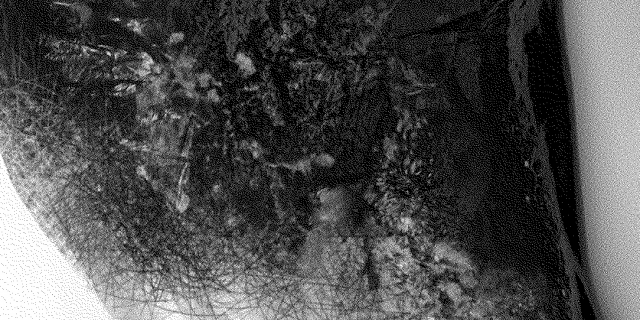
Speculative Ecologies Launch and Podcast
26 January 2020, 5-11 PM
Punctum – Krásovka
803/27, 130 00 Praha 3 – Žižkov
We would cordially like to invite the public to a launch of a new anthology of essays called Speculative Ecologies: Plotting Through the Mesh (Litterraria Pragensia Books, 2019). The evening will feature lectures and a live podcast and is conceived as an open session discussing the topics provoked by the book, namely the ongoing specter of climate change, the role of art and artmaking for the mitigation of its effects, and the position of contemporary philosophical theory on the environmental problems (and solutions) at hand.
ʀᴇᴀᴅ ᴀʀᴛɪᴄʟᴇ …
čᴇsᴋʏ …
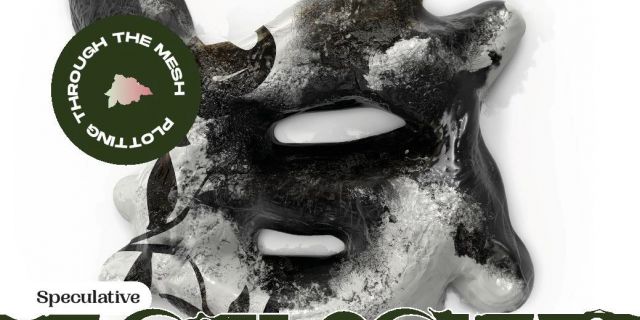
Speculative Ecologies
The Fertile Ground Between Art and Ecology
The Speculative Ecologies series extends the original intent of the book Speculative Ecologies: Plotting Through the Mesh, published in 2019 in joint collaboration between the Philosophical Faculty of Charles University and the Agosto Foundation. It features essays, interviews and opinion pieces which serve to thematically support and extend the broader program of the Agosto Foundation.
These essays are an attempt to unpack the intersections and overlaps between art and ecology, and the potentialities which such a sensibility might afford. The series in this way builds upon the ‘speculative’ and ‘materialist’ turns, the fallout of which still haunts contemporary humanities discourse; and tries to salvage what is possible and productive for moving ahead into the future.
ʀᴇᴀᴅ ᴀʀᴛɪᴄʟᴇ …
čᴇsᴋʏ …
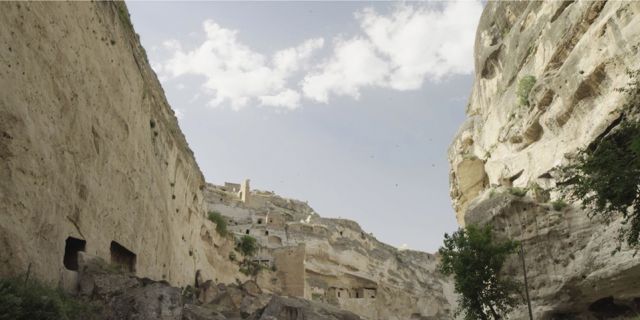
Disappearing of Essence
Endangered Places
Spring 2020 Screening Series
Cinema Ponrepo
Throughout the Spring season of 2020, the Agosto Foundation will be continuing our collaboration with the Cinema Ponrepo with a series of screenings, connected by the theme Disappearing of Essence: Endangered Places. The series will focus on the disappearance of essence, of the distinctive qualities of certain uniqe sites of global significance, which impress us with their richness and beauty, and leave us with a sense of their fragility, the fact that they could simply disappear from the face of the earth through our neglect, indifference, or acceptance of questionable political and commercial decisions. In their various ways, these films highlight an ongoing, inexorable cluster of catastrophes which have implications for the health of both the natural and cultural environoments in which we live.
We will screen four film homages to disappearing places and ways of life, unique essences at risk of being lost forever: the Aral Sea, the old-growth Forests of Lithuania, the ancient city of Hasankeyf on the Tigris River in Turkish Kurdistan, and the traditional way of life of a female Macedonian beekeeper and wild honey gatherer.
We inaugurate the series with Sea Tomorrow, which deals with the desertification of an entire inland sea, an environmental catastrophe on a very large scale. The film offers a somewhat optimistic perspective, as we see that the northern part of the Aral Sea is slowly coming back, due to efforts of the government of Kazakhstan. See the item which follows for the full details.
Follow the Agosto Foundation Newsletter to stay in the loop about all of our upcoming screenings at the Cinema Ponrepo. Encourage your friends to sign up!
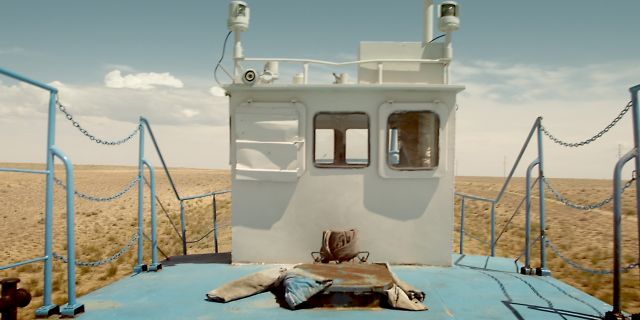
Sea Tomorrow
A Film by Katerina Suvorova
27 January 2020, 8:30 PM
Cinema Ponrepo
The film Sea Tomorrow is based on four stories from the lives of present-day inhabitants of the Aral Sea’s former coast: old Juken, who is raising an oasis garden in saline soil all alone; a woman-hydrobiologist, who continues to study the remains of Aralsk city harbor's biosphere; a gang of jolly metal workers, dismantling the ships that sank into the desert for scrap metal; and one young man from a family of hereditary fishermen, from whose village the sea has receded by dozens of kilometers. They all fight for a better tomorrow.
ʀᴇᴀᴅ ᴀʀᴛɪᴄʟᴇ …
čᴇsᴋʏ …
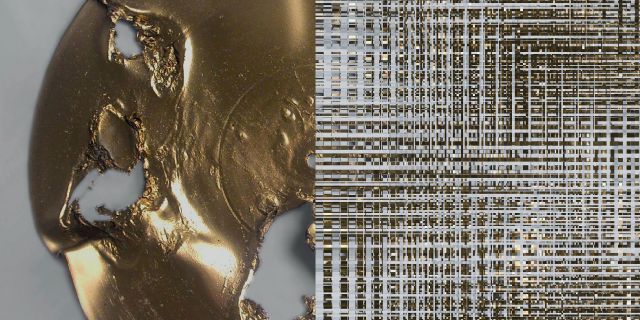
Broken Rebroken
Milan Knížák, Phaerentz, Opening Performance Orchestra
28 January 2020, 7:30 PM
Czech Museum of Music
Milan Knížák, Phaerentz, and Opening Performance Orchestra will jointly present a concert programme titled Broken Rebroken, a playful and flexible concept that may take a variety of forms. The programme is based on Broken Music, which Milan Knížák cultivated in the early 1960s.
Czech Museum of Music, Karmelitská 2, Praha 1 - Malá Strana
Admission: 60 CZK
ʀᴇᴀᴅ ᴀʀᴛɪᴄʟᴇ …
čᴇsᴋʏ …
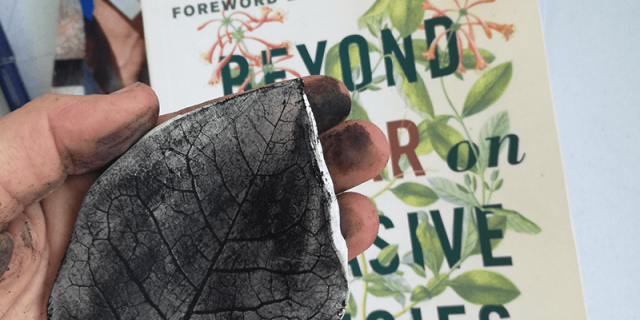
Trajna
Gaja Mežnarić Osole & Andrej Koruza
Collection of Exotic Tales
Artist Residency
Trajna is a non-governmental organisation and a collective lead by the design duo Gaja Mežnarić Osole and Andrej Koruza, who work in the fields of design, ecology and participation. They support solidarity and cross-species mutual sustainability through their efforts to create community economies, their design-led participatory research, and through organising workshops and designing eco-infrastructures. For their Agosto Foundation residency, Trajna will develop a didactic and creative method for introducing historical narratives of species invasion in a playful and engaging way. Their work, presented in the form of a herbarium, will function as a half-finished graphic story (a non-finito) as well a tool for fieldwork.
ʀᴇᴀᴅ ᴀʀᴛɪᴄʟᴇ …
čᴇsᴋʏ …
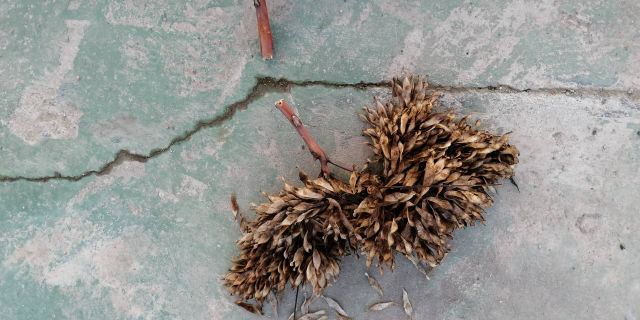
Under Pressure
Invasive Plants Field Trip / Hand Papermaking Workshop
8 February, 2:00-7:00 PM
Meetfactory – Smíchovské nádraží – Černošice – Ferenc Futurista
Trajna invites the general public to join them on a tour of the degraded areas of Prague to explore the ethno-botanical realms, as well as the recent histories of invasive plant species that thrive in the damaged landscapes. At the end of the journey participants will be invited to make use of foraged objects from the fields and press them into the fibers of invasive plants using the hand papermaking tools and techniques.
ʀᴇᴀᴅ ᴀʀᴛɪᴄʟᴇ …
čᴇsᴋʏ …